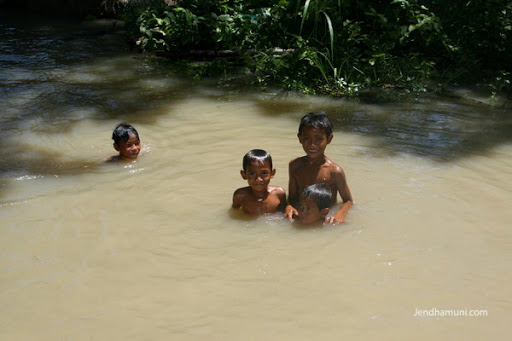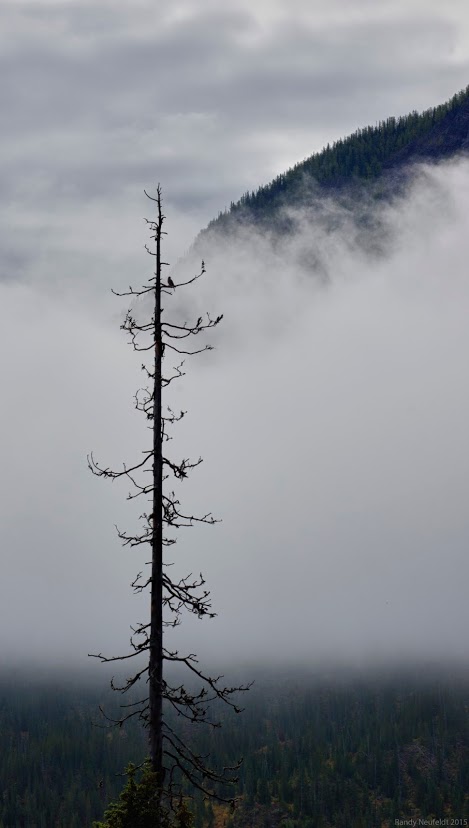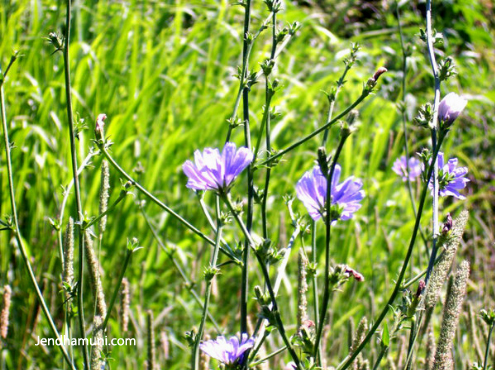One moment of patience
One moment of patience may ward off great disaster. One moment of impatience may ruin a whole life. ~ Chinese Proverb

Meditation master Dejapanno, student of the most famous Meditation master Ketodhammo Som Bunthoeun.
One moment of patience may ward off great disaster. One moment of impatience may ruin a whole life. ~ Chinese Proverb

Meditation master Dejapanno, student of the most famous Meditation master Ketodhammo Som Bunthoeun.
Be someone else’s sunshine. Be the reason someone smiles today. Smile at everyone, you never know who’s an angel. ~CoolNsmart

The perfume of sandalwood,
Rosebay or jasmine
Cannot travel against the wind.
But the fragrance of virtue
Travels even against the wind,
As far as the ends of the world.
Like garlands woven from a heap of flowers,
Fashion from your life as many good deeds.
~The Dhammapada


What is undistracted calm abiding? It is meditative absorption free of the six types of distraction. What are these six?
1. Inherent distraction refers to the eye consciousness and the other four collections of consciousness. Because they are naturally directed outward, they [cause one to] emerge from meditative absorption.
2. External distraction refers to a mental consciousness that reaches out towards or engages objects.
3. Internal distraction concerns dullness and agitation, as well as savoring one’s meditative absorption.
4. The distraction of marks occurs when, trusting in meditative absorption, one apprehends marks of it and becomes attached.
5. Distraction brought about by negative tendencies is when directing the mind involves the apprehending of an ego. This is said to refer to the mental act of pridefully believing oneself to be superior to others, or (simply any mental act) that involves apprehending an “I.”
6. The distraction of directing the mind occurs when one is caught up in the mindset of, and directs the mind in the style of, the Lesser Vehicle.
The undistracted calm abiding that is determined by the elimination of those six is the unique calm abiding of the Great Vehicle. This is a state of one-pointed inner rest, a flawless calm abiding. In it, there is no apprehension of marks, as is the case when inner absorption alone is believed to bring liberation. Neither does it involve the ego apprehension that occurs in the concentrations of non-Buddhists. Further, one does not direct the mind as one would when cultivating the supports for the inferior paths [to liberation]. This is how the wise should understand the calm abiding of the Great Vehicle.
— From Middle Beyond Extremes: Maitreya’s ‘Madhyantavibhaga’ with commentaries by Khenpo Shenga and Ju Mipham, translated by the Dharmachakra Translation Committee, published by Snow Lion Publications
You might “kill time” walking, moving, sleeping, or sitting: ineffectual acts which are neither wholesome nor harmful, and which mature into neither good nor bad experiences. But since such actions simply waste this human life, instead of throwing your ability away in idle amusements, make a conscious effort to devote your time exclusively to wholesome action. — Jamgon Kongtrul

A child reminds us that playtime is an essential part of our daily routine. ~Unknown

Khmer children in my mother’s hometown.

Photo credit: Randy Neufeldt
Spend a day with nature.
Start before the sun.
Leave your cozy house
For something new and fun.
Walk along a path,
Close your eyes and see.
Feel the cold wind brushing
Your skin so tingly,
What do you hear? Listen now.
Listen for the voice.
It whispers softly to your soul
Through all of nature’s noise.
The sky is growing slowly brighter
The breeze seems to quicken,
As if to hide from what is coming
O’re the East horizon.
What is it saying as it hurries,
While foliage laughs in song?
It’s changed its tune as the sun
Comes out to greet the throng.
Feel the warmth now penetrate
Where goose pimples had been,
And a fresh rejuvenation
Fills you from within.
Open your eyes and see the beauty
That you had not yet seen:
Dew on the grass, white butterflies,
Different shades of green,
Mist rising from the earth
Almost like a dream,
Busy bees check on blooms,
Working as team.
Petals on the tiny flowers
Seem more delicate.
And the breezes rise and fall,
Telling the day’s fate.
Breath in the fragrance of the morn’s
Mix of musty smells,
With pollen, dew, earth and such things
The breeze will carry well.
What is it saying? Do you hear?
The wind is whispering.
It’s asking you do dance among
Its fairies on the wing!
The birds now sing the chorus loud
From every nook and cranny.
And if you join in nature’s dance,
You find your joy uncanny.
As you whirl to nature’s song,
You start to feel so free,
You forget all but the sound
Of the wind and trees. Continue reading
When the winds of life is pushing you back, That’s when you push forward the hardest. ~ Yvonne Pierre

Some people, no matter how old they get, never lose their beauty – they merely move it from their faces into their hearts. ~Martin Buxbaum

When we long for life without difficulties, remind us that oaks grow strong in contrary winds and diamonds are made under pressure. ~Peter Marshall
